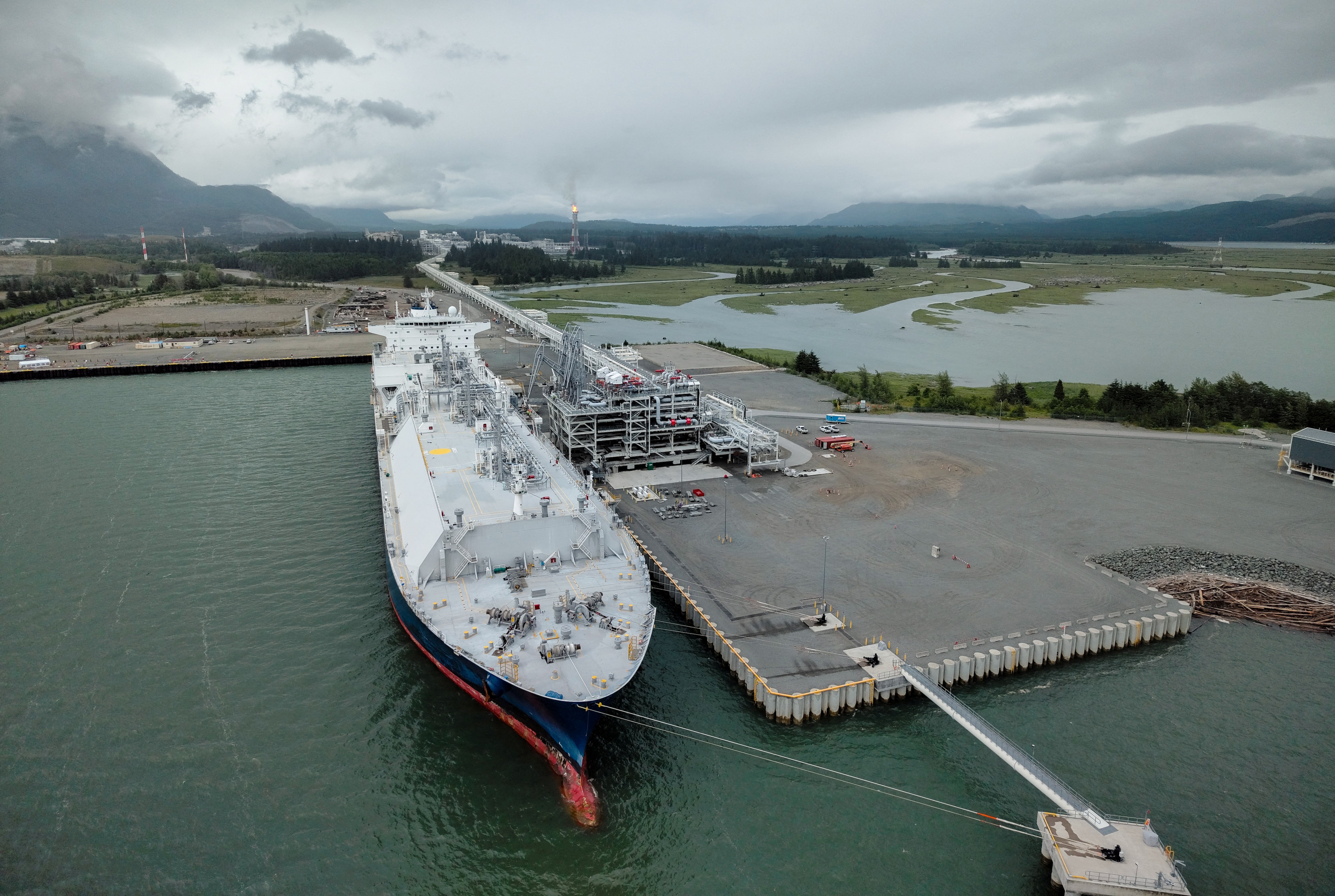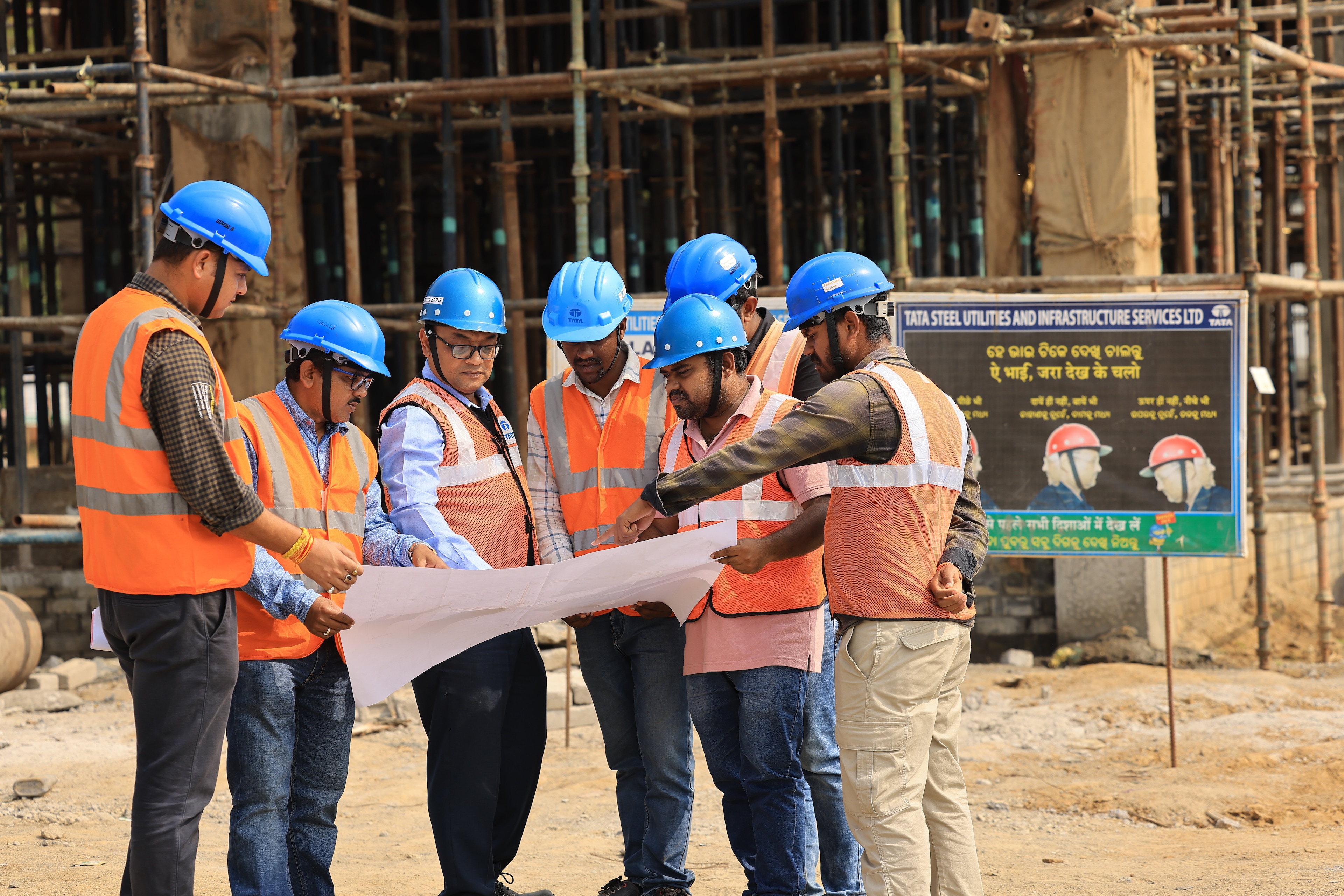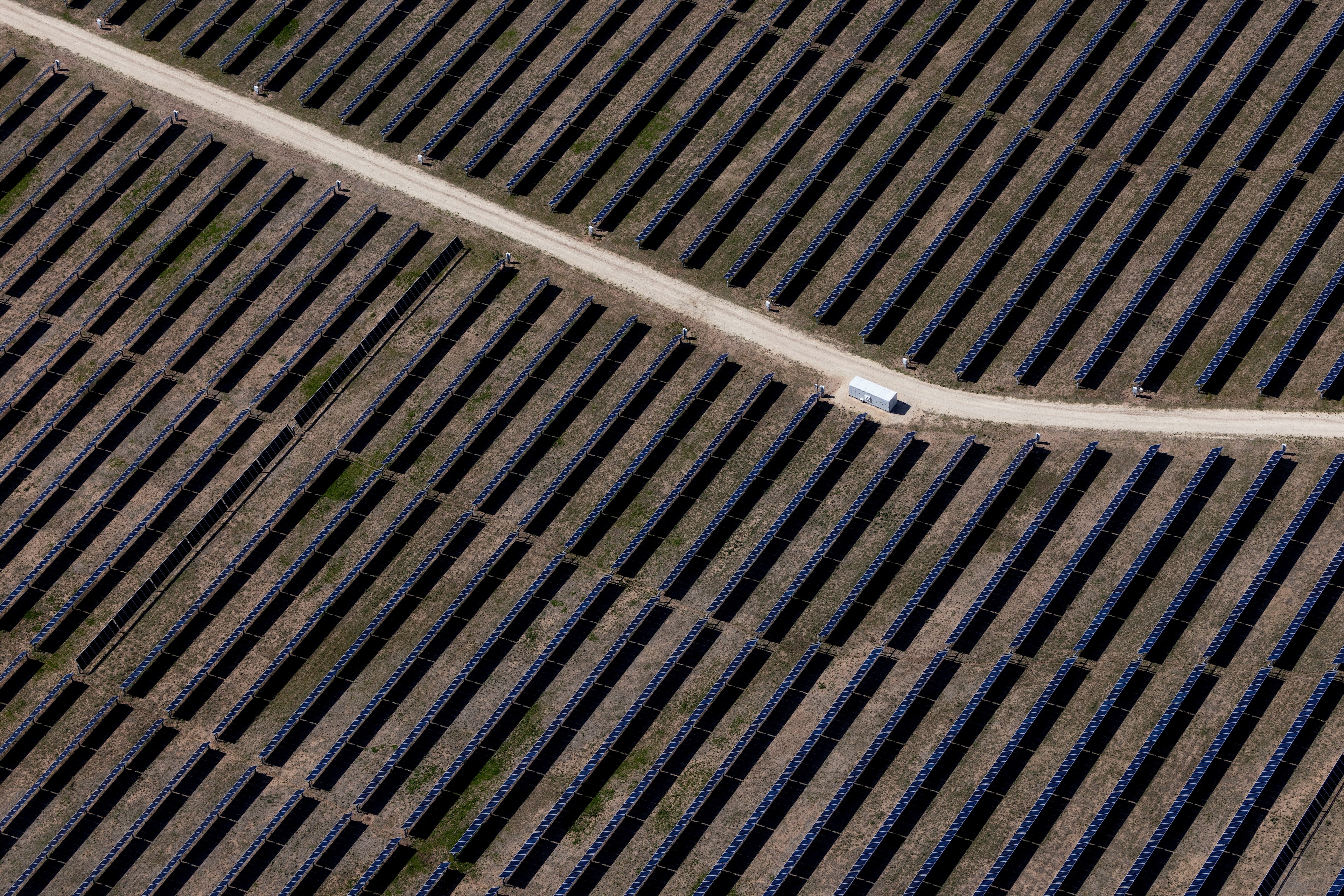Planting the seeds of an advanced biofuels economy

An estimated 17.5% of the agricultural residue produced could be made available as feedstock for advanced biofuels.
Image: REUTERS/Tomas Bravo
Feike Sijbesma
Member Board of Trustees, World Economic Forum; Co-Chair, Global Climate Adaptation Centers; Honorary Chair, Royal DSMStay up to date:
Agriculture, Food and Beverage
Feike Sijbesma and Steen Riisgaard discuss how agriculture will become central to the economy
In a bio-based economy, the agricultural and biotech sectors together will be able to provide the world with food and fuel, with both product streams enhancing each other instead of competing.
World leaders are currently meeting at the World Economic Forum Annual Meeting in Davos to discuss “Resilient Dynamism”. Both resilience and dynamism will be needed indeed if we are to build a new economy that provides the right solutions and technologies to ensure decent living standards for all, while simultaneously improving our environmental footprint.
The world is facing major challenges. Currently, roughly a third of the world population is suffering from malnourishment. By 2050, the world population will have grown to 9 billion people, all of whom will need to be fed sustainably. We will need to improve agriculture, reduce waste and use our crops effectively.
Recent weather disasters resulting in floods, from the UK to Bangladesh, and droughts, from the Horn of Africa to Australia, demonstrate that the consequences of climate change are also multiplying. We must drastically reduce our global greenhouse gas emissions to limit the occurrence of such disasters.
In the coming decades, we will experience a continuing increase in global demand for raw materials and energy, inevitably driving up prices. This requires, among other things, the exploration of new and sustainable alternative sources of energy and materials.
Wind, solar and water can provide energy, but not in liquid form. They cannot provide the materials currently derived from oil. Renewable, bio-based chemicals and biofuels can provide a solution.
Creating a new, more sustainable economy is no easy task. However, we already know that certain technologies and sectors will have a key role to play.
Agriculture enhanced by the biotech sector is one of them. Today, it provides us with food, feed, fibres and feedstock for biofuels, but has the potential to do much more. We are not optimally using our resources. We must look to agricultural residues (wheat straw, corn crop or sugarcane residues, sugar beet leaves) and other abundant resources that can be used without altering current land use patterns or interfering with the food chain.
According to Bloomberg New Energy Finance, by 2030 the agricultural residues supply potential will be more than 900 million tonnes globally. An estimated 17.5% of the agricultural residue produced could be made available as feedstock for advanced biofuels. With this amount, enough advanced biofuels (also called cellulosic, cellulose based or second generation) could be produced to replace over 50% of the forecasted demand for gasoline, without any interference with the food chain. Better still, with the help of similar technologies, we could be using the waste or residual streams of the food chain in an economically productive way. A recent study by the UK’s Institution of Mechanical Engineers (IMechE) found that almost half of all the food produced in the world is thrown away every year. The potential is immense.
The contribution of advanced biofuels can go well beyond offering an alternative to using gasoline and other petroleum-based car fuels. It offers energy security and reduces greenhouse-gas emissions enormously compared to gasoline. In addition, it allows us to further optimize our food chain by separating protein fractions, and other fractions, from the feedstocks used in advanced biofuels production. These are now sometimes discarded, incinerated or used as animal feed, but could be upgraded for human consumption.
As already mentioned, the development of an advanced biofuels industry could constitute the first step away from an economy dependent on fossil resources. A bio-based economy could be the future. In the coming decades, a variety of other advanced bio-based products such as chemicals and plastics could also be produced based on the same feedstocks: agricultural and forestry residues and municipal solid waste. Everything that can be produced from oil can also be produced from biomass.
A bio-based economy will redefine the relationship between agriculture and society, fundamentally changing many industrial supply chains. Agriculture will become central to the economy. Resilience and vision will be needed to further upgrade and streamline our agriculture, releasing the massive potential of our crops, along the same lines as the petrochemical industry learned to do with oil and gas.
The companies we represent are pioneers in this sector. We share the same vision and fully support that a bio-based economy is technically and economically feasible. The promise of advanced biofuels has often been described as a far-fetched aspiration. It is not; the technology is ready today, and is currently being deployed in the first projects at scale. Examples are the Crescentino project by M&G and Novozymes in Italy, and Project Liberty of POET-DSM Advanced Biofuels in Emmetsburg, Iowa (USA). In the coming 2-3 years, advanced biofuels will start reaching consumers’ tanks in increasing volumes.
The bio-based economy we advocate is not short of pitfalls. However, the desire for perfection is often an excuse for inaction. We must not let the perfect be the enemy of the good. We must open our eyes to the importance of sustainability and realize its full potential. This is what resilient dynamism is all about.
Authors: Feike Sijbesma is Chief Executive Officer and Chairman of the Managing Board, Royal DSM, and Steen Riisgaard is President and Chief Executive Officer of Novozymes.
Image: A tractor ploughs land in Mexico REUTERS/Tomas Bravo
Don't miss any update on this topic
Create a free account and access your personalized content collection with our latest publications and analyses.
License and Republishing
World Economic Forum articles may be republished in accordance with the Creative Commons Attribution-NonCommercial-NoDerivatives 4.0 International Public License, and in accordance with our Terms of Use.
The views expressed in this article are those of the author alone and not the World Economic Forum.
Related topics:
Forum Stories newsletter
Bringing you weekly curated insights and analysis on the global issues that matter.
More on Energy TransitionSee all
Michael Wang
July 28, 2025
Ayla Majid
July 24, 2025
Manikanta Naik and Murali Subramanian
July 23, 2025
Arunabha Ghosh and Jane Nelson
July 22, 2025
Ali Alwaleed Al-Thani and Santiago Banales
July 21, 2025
Goodness Esom
July 18, 2025





